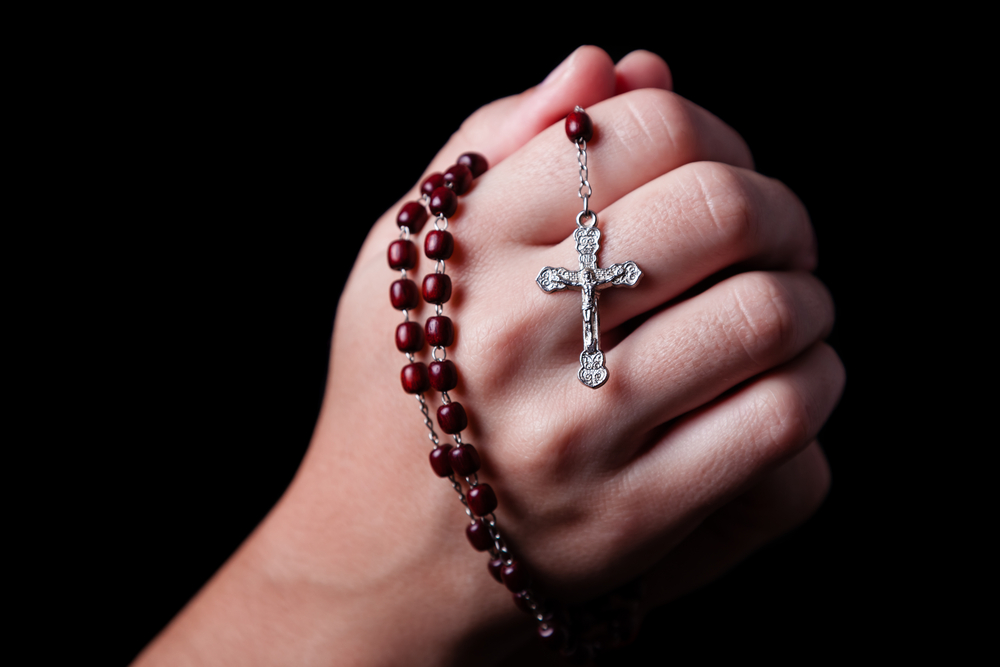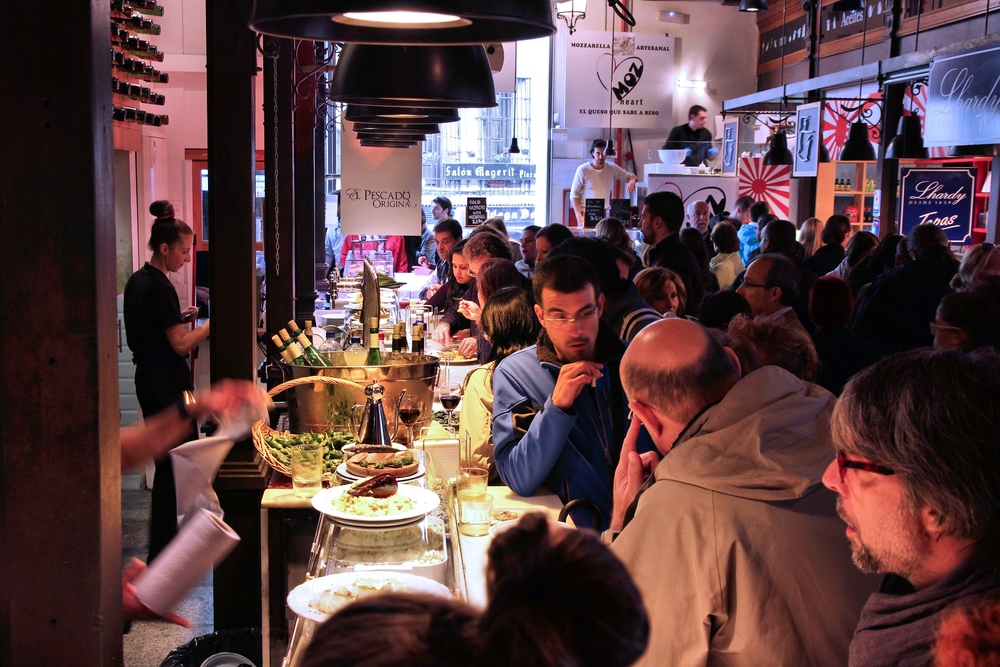Country Snapshot: Cultural Overview
Spain is hardly homogenous. Traditions, language, and customs differ greatly from region to region. The country’s people are a mix of Castilians, Basques, Catalans, Galicians, Moroccans, South Americans, Roma (Gitanos or Gypsies)…the list goes on. The result is a culturally rich but also fractured nation. Separatist movements, particularly that of extreme Basque nationalists, have at times turned violent. Rapidly increased immigration following membership to the European Union as well as large numbers of foreign immigrants in the early 21st century have added to the tension.
Cultural diversity in Spain is reflected in the distinct languages and traditions of its semi-autonomous regions. Castilian Spanish is the country’s official language, but Catalan, Galician, and Basque are the official languages of their communities as well. The legacy of long North African rule over the Iberian Peninsula is also visible in the country’s complexion, architecture, and language, and has left its mark on the country’s culture in the form of women’s black headscarves, patriarchal extended families, and a degree of both fatalism and superstition.
Social unrest has been a longstanding tradition in Spain. The Basques in the north and the Catalans in the northeast are only two of the Spanish subcultures that are seeking greater autonomy and perhaps eventual independence. The Andalusians in the south and the Galicians in the northwest are pressing their cases as well. Many Spaniards see this as a dismantling of the country and its heritage. In addition, growing immigration, particularly of Africans gaining entrée through Spanish territories such as the Canary Islands and its enclaves in Morocco, is causing noticeable tension.
Religion in Spain is predominantly Roman Catholicism. Even though few visit church regularly, Catholic rituals mark the life stages of most Spaniards. Religious harmony in Spain was fractured by the terrorist attacks against Madrid commuter trains in 2004. The bombings sparked increasing fear of Islamic extremism that provoked anti-Muslim behavior, including instances of burning the Koran and attacks on mosques.
Spanish women traditionally were restricted by societal attitudes from working outside the home, and held solely responsible for family care and domestic chores. The role and perception of women has undergone a modern transformation, however. Women’s participation in the labor force has steadily increased, and women now comprise about one-half of the country's work force. Men still earn about 10 percent more than women, however. Occasionally high unemployment rates, the lack of part-time jobs, and ongoing gender disparity in the workplace still tend to overshadow women’s representation in the economy. Spain's federal government, on the other hand, is almost equally comprised of men and women, and into the early 21st century, women held top deputy leadership posts.
Sports form a major part of the daily life of most Spaniards. Spain is one of the most powerful soccer (fútbol or football) countries in the world, home to the legendary Real Madrid and Barcelona soccer clubs. Many Spaniards consider football akin to religion. For some, attending a Sunday evening fútbol match has become as important as going to church in the morning. Bullfighting, an important traditional Spanish sport, is practiced even today in major cities and several smaller ones, though debate around the practice has resulted in some cancellations of bullfighting festivals and events. Activists seek to ban the practice.
Copyright © 1993—2024 World Trade Press. All rights reserved.

 Spain
Spain 
